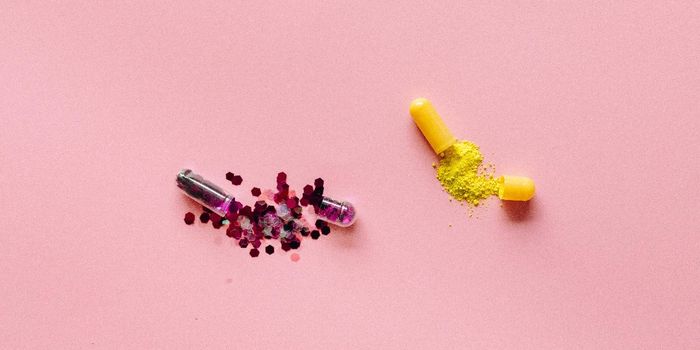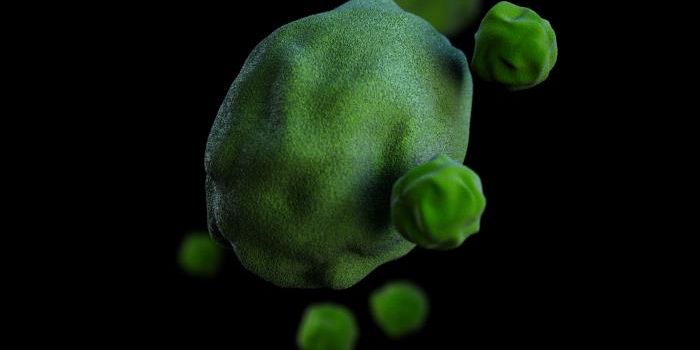Transplanted Brain Stem Cells Survive Without Anti-Rejection Drugs
Researchers at Johns Hopkins Medicine have successfully transplanted brain cells without the need of immune-suppressing drugs. Findings of the study were published in the journal Brain which describes the newest approach in selectively circumventing immune responses against transplanted cells. The study serves as the basis for future therapeutic studies that may award renewed hope.

For example, every year approximately 1 of 100,000 children born in the U.S. will be born to a rare genetic disease such as Pelizaeus-Merzbacher disease that is characterized by infants missing developmental marks like sitting and walking, having involuntary muscle spasms, and the possibility of experiencing partial paralysis of the arms and legs, all caused by a genetic mutation in the genes that form myelin.
"Because these conditions are initiated by a mutation causing dysfunction in one type of cell, they present a good target for cell therapies, which involve transplanting healthy cells or cells engineered to not have a condition to take over for the diseased, damaged or missing cells," says Piotr Walczak, M.D., Ph.D., associate professor of radiology and radiological science at the Johns Hopkins University School of Medicine.
Learn more about transplantation rejection:
Researchers have pursued ways to alter T cells--the system's elite infection-fighting force that attacks foreign invaders. "These signals are in place to help ensure these immune system cells do not go rogue, attacking the body's own healthy tissues," says Gerald Brandacher, M.D., professor of plastic and reconstructive surgery and scientific director of the Vascularized Composite Allotransplantation Research Laboratory at the Johns Hopkins University School of Medicine and co-author of this study.
Source: Science Daily








